The lectures will cover basic and advanced knowledge of nasosinusal and skull base anatomy, with the main focus on surgical anatomy aimed at endoscopic approaches to skull base lesions.
The course will also include anatomical dissection practice, with demonstration followed by dissection by the participants.
Each station will have two participants and will be equipped with endoscopes, surgical tools, high-speed drills and suction systems to simulate operating room settings.
Dissections will be carried out on fresh frozen cadavers, offering an excellent opportunity for participants to gain practical experience and update their knowledge of anatomy.
Interaction between participants and teaching staff is essential. Our aim is to create an environment that promotes open discussions, so don't hesitate to ask questions at any time.
We will cover dissection and surgery of the maxillary sinus (types I, II and III), understanding the differences between the surgical techniques.
We will also cover the dissection and discussion of ethmoid sinus surgery using different techniques, analyzing the differences, similarities and convergences of each technique.
We will cover frontoethmoidectomy, frontal sinusotomy (types I, II and III) with dissection and discussion of frontal sinus surgery, understanding the differences between surgical techniques.
We will cover sphenoethmoidectomy, sphenoid sinusotomy (types I, II and III), with dissection and discussion of sphenoid sinus surgery, understanding the differences between surgical techniques.
We will understand the clinical and surgical treatment of polyposis and the indication for a frontoesophenoethmoidectomy.
Exposure of the nasolacrimal duct to pre-lacrimal access.
Endoscopic medial maxillectomy and endoscopic Denker access.
Management of the sphenopalatine artery, maxillary artery and anatomy of the pterygoid fossa.
Sphenoidal sinusotomy and access for pituitary tumors.
The anatomy of skull base accesses will be discussed through the study of the sinonasal anatomy, orbit and skull base from an endoscopic perspective.
Approaches to avoid and treat complications of endoscopic and endonasal skull base surgery.
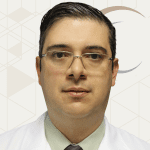


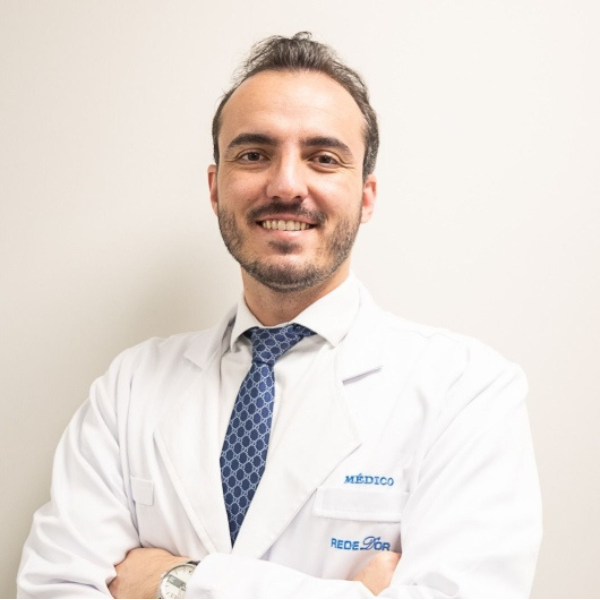



Argentina


Argentina
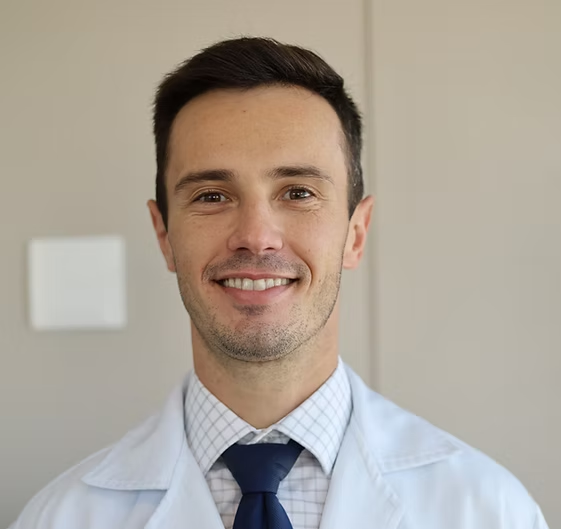












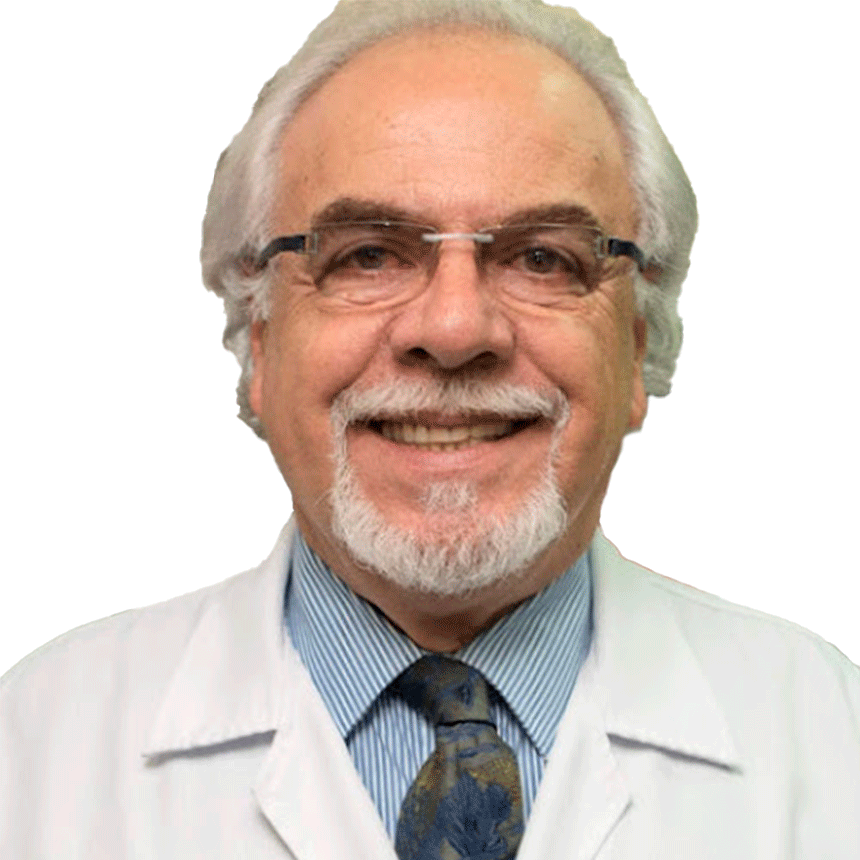


Brazil



Brazil



Brazil



Brazil



Brazil



Brazil
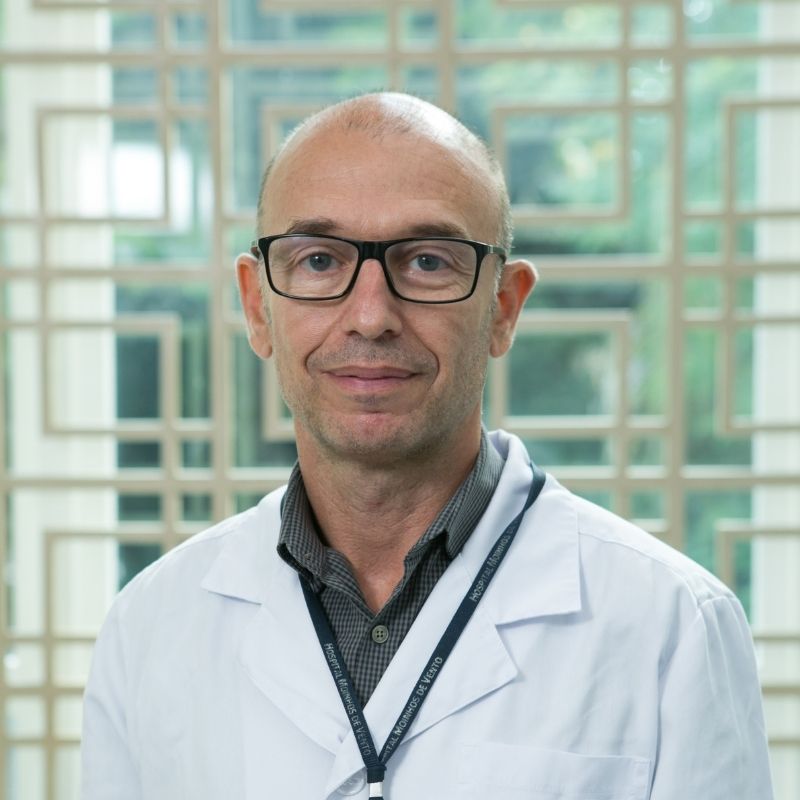


Brazil



Brazil



Chile



Chile
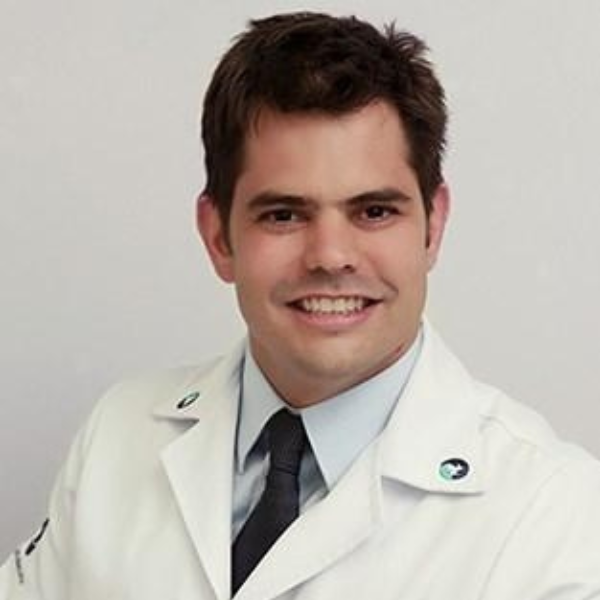


Brazil



Brazil
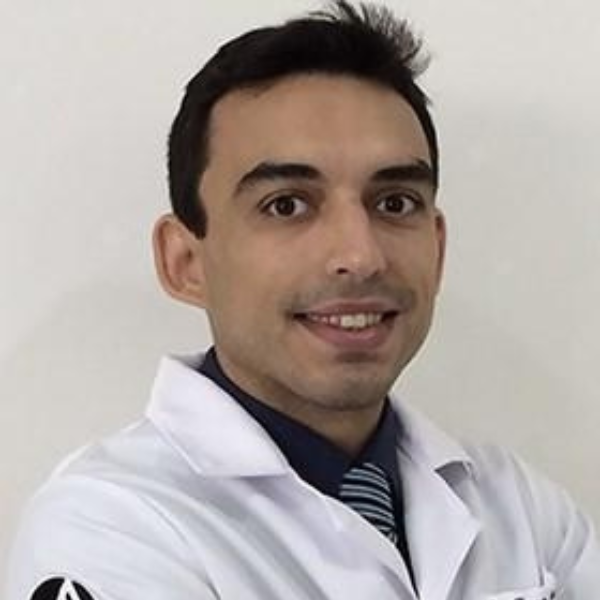


Brazil



Brazil



Brazil



Brazil
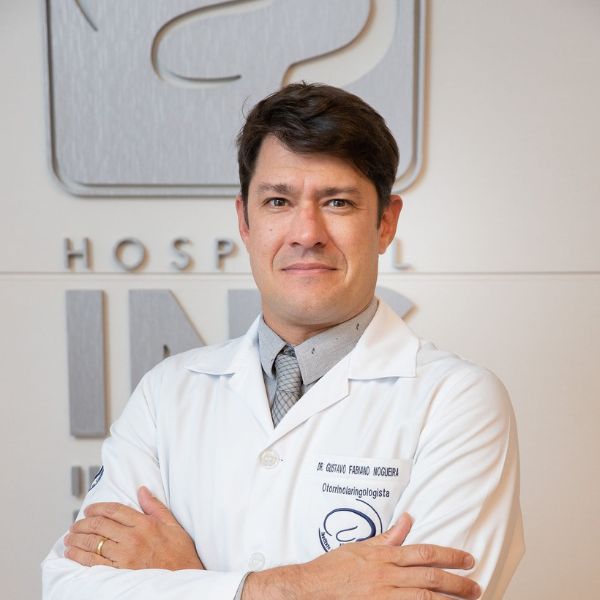


Brazil



Brazil
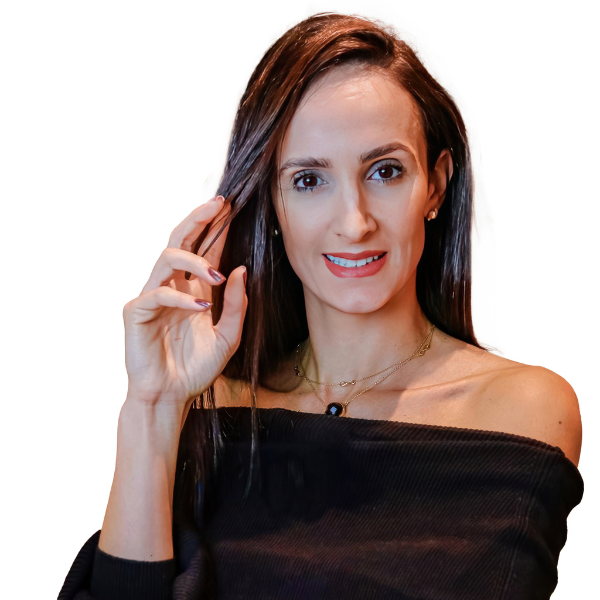


Brazil



Brazil
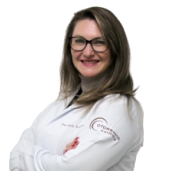


Brazil
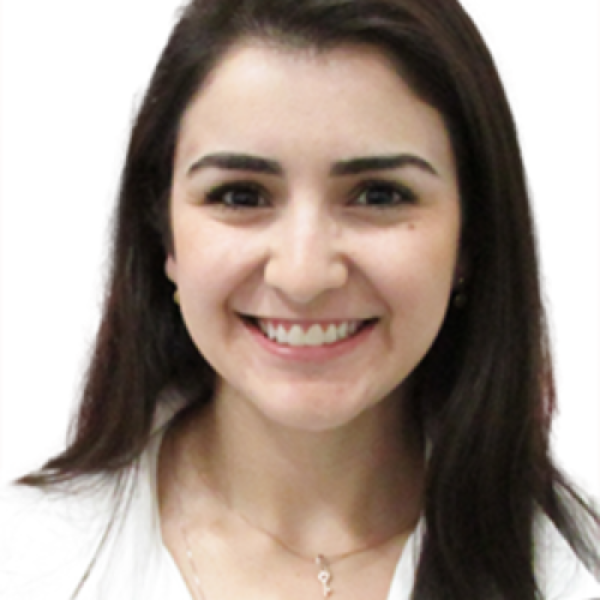


Brazil



Brazil
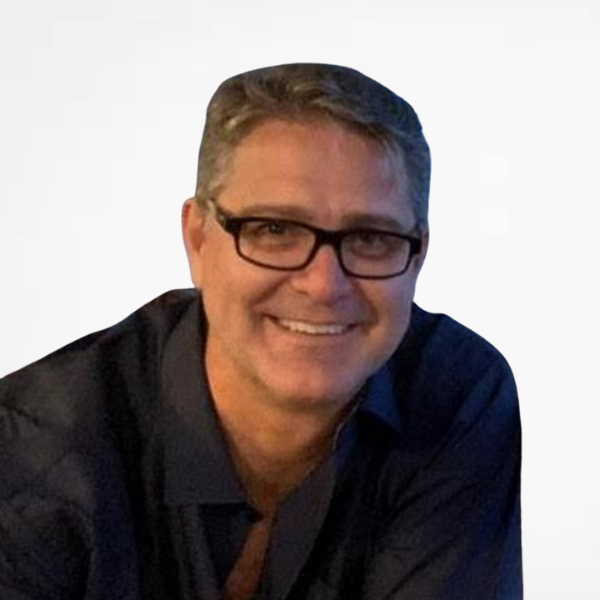


Brazil



Brazil



Brazil



Brazil
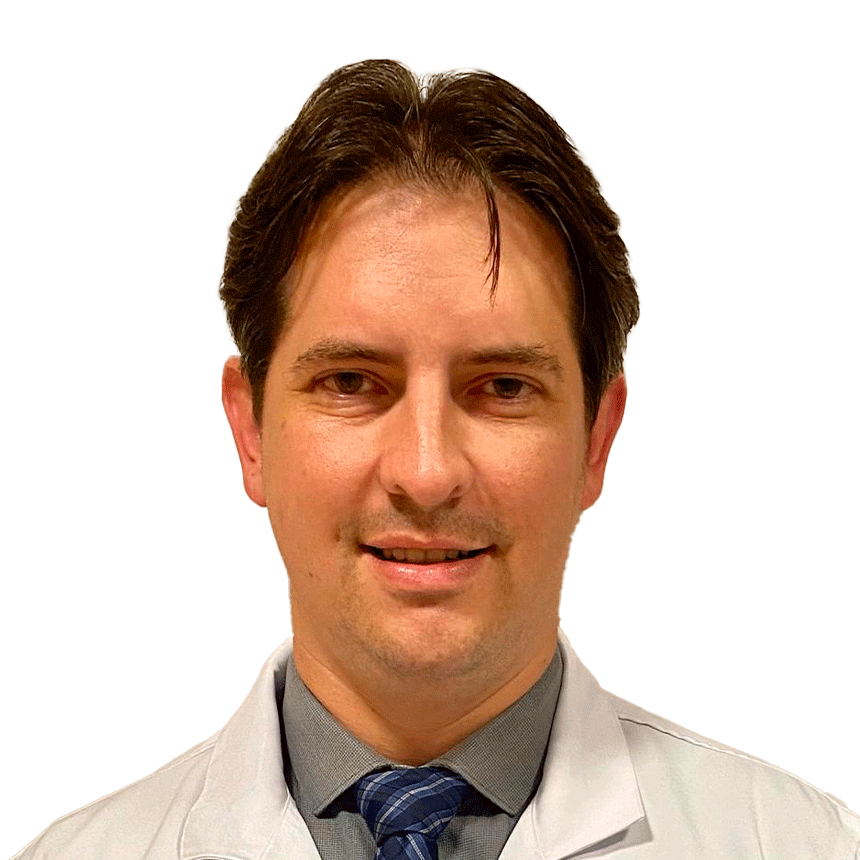


Brazil



Brazil
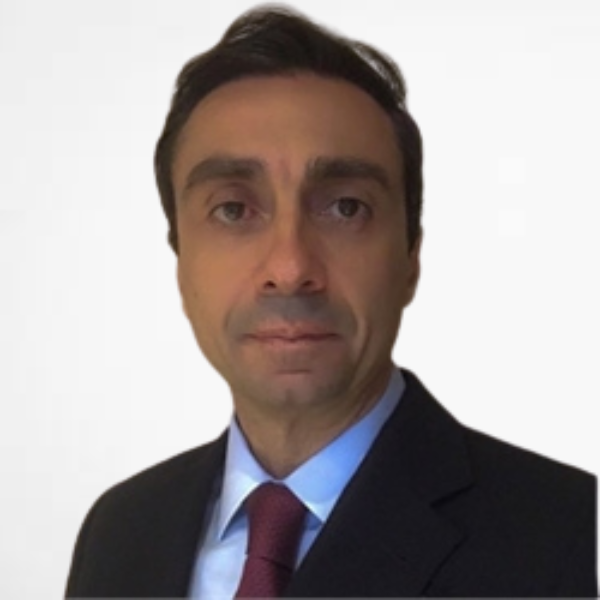


Brazil
The training consists of theoretical and practical activities in which we will cover the main topics of rhinology and skull base access surgery.
All face-to-face training will involve the use of:
Stations with 02 participants, where they will be equipped with endoscopes, surgical tools, high-speed drills and suction systems to simulate operating room configurations;
More than 8 hours of fresh frozen dissections will provide an excellent opportunity for participants to gain practical experience and update their knowledge;
Lectures will cover basic and advanced knowledge of sinonasal anatomy, as well as the latest developments in endoscopic sinus surgery and endoscopic approaches to the skull base.
By taking part in mentored training, the student will gain full experience of up-to-date surgical techniques for the procedures.
The classes will be given by leading professionals in the field, with live surgeries and discussions of clinical cases.
Practical training on inanimate models that will involve the development of motor skills based on simulation of surgical techniques.
All these steps will be overseen by a preceptor surgeon with extensive practical experience and consolidated knowledge in the technical area being trained.
2 and a half days
Day 1 - Lectures, presentation of surgical videos and case discussions | 10 hours
Day 2 1/2 - Cadaver lab dissection (fresh frozen) | 15 hours
Theoretical Module: Students attend classes and lectures in person, acquiring the necessary theoretical foundations. Workload: 10h
Observational Module: In addition to classroom lectures, students have the opportunity to observe realistic techniques and practices in a cadaver lab. Workload: 25 hours
Complete Module: Combines all the learning stages. Students attend classes and lectures in person, actively participate in the experimental surgical field and carry out procedures under the guidance of specialist teachers, experiencing realistic practices in the cadaver lab.) Workload: 25 hours
07:00 - Reception
08:00 - Opening and course presentation - Dr. Ian Selonke
08:15 - Paranasal Sinus Anatomy Applied to Endoscopic Surgery - Dr. Rodrigo Alvarez
08:30 - Paranasal Sinus Radiology - Dr. Rafaela Amabile
08:45 - Endosc opic Dacryocystorhinostomy - Dr. Leila Leila
09:00 - Endoscopic Surgery using the Basal Lamellae as an Anatomical Reference - Dr. Paulo Eduardo
09:15 - Sphenoid Sinus Surgery - Dr. Luis Nercolini
09:30 - Progressive Surgical Approach to the Maxillary Sinus - Dr. Daniel Cantero
09:45 - Break
10:00 - Master Class: Centripetal Technique - Dr. Alexandre Felippu
11:15 - Endoscopic Endonasal Surgery: Cases and Tips - Dr. Guardiano Teixeira
11:30 - Centripetal Technique for Various Indications - Dr. Renato Brasil
11:45 - Surgical Treatment of Epistaxis - Dr. Thiago Morchi
12:00 - Centripetal Ethmoidectomy - Dr. José Eduardo
12:15 - Access to the Frontal Sinus - Dr. Rodrigo Alvarez
12:30 - Inverted Papilloma: Considerations and Complex Cases - Dr. Daniel Cantero
12:45 - Endoscopic Management of Septal Perforations - Dr. Carlos B. Lopez Moris
13:00 to 14:00 | Lunch - Sanofi Satellite Symposium
Nasosinusal Polyposis: Clinical and Surgical Treatment. Based on Phenotypes and Endotypes: Guidelines for the Use of Immunobiologicals in CRSwNP in Brazil - Dr. Alexandre Wady Debes Felippu
14:00 - Endoscopic Treatment of Nasal Tumors - Dr. Rodrigo Alvarez
14:15 - How I Perform Reoperation Surgeries - Dr. Guardiano Teixeira
14:30 - Turbinectomy or Turbinoplasty - Dr. Thiago Morchi
14:45 - How to Avoid Revision Surgeries - Dr. Gustavo Nogueira
15:00 - Fistula Closure: The Importance of Skull Base Reconstruction - Dr. Gustavo Nogueira
15:15 - Orbital Decompression - Dr. José Eduardo
15:30 - Tumors of the Pterygopalatine Fossa - Dr. Alexandre Cunha
15:45 - Tumors o f the Anterior Fossa of the Skull by Endoscopic Appr oach - Dr. Al ex andre Cunha 16:00 - How to Avoid Revision ary Surgeries - Dr. Thiago Morchi Alexandre Cunha
16:00 - Surgical Videos - Dr. Ian Selonke
16:15 - Treatment of Fistulas and Complications - Dr. Ian Selonke
16:30 - Endoscopic Management of Nasosinusal Polyps - Dr. Carlos B. Lopez Moris
16:45 - Maxillary Sinus Surgery - Dr. Otavio Piltcher
17:00 - Sphenoid Sinus Surgery - Dr. Otavio Piltcher
17:15 - Demystifying the Frontal Sinus - Dr. Marco Cezar
17:30 - Modified Radical Lothrop - Dr. Ian Selonke
17:45 - Olfaction in Surgical Practice - Dr. Marco Aurélio
08:00 - 13:00 | ANATOMICAL DISSECTION - Part 1
Maxillary Sinus Surgery -
Sphenopalatine artery ligation
Endoscopic ethmoidectomy (centripetal technique) Sphenoethmoidectomy
Inferior turbinate surgery with lateralization of the nasal wall and pre-lacrimal access to the maxillary sinus
13:00 - 18:00 | ANATOMICAL DISSECTION - Part 2
Dacryocystorhinostomy
Frontal sinus surgery up to DRAF 2
Advanced Frontal Sinus Surgery with Identification of the First Olfactory Filaments and Crista Galli
Approach to the sella turcica region
Nasoseptal Flap with Identification of the Maxillary Artery and Exposure of the Lateral Sphenoid Recess
Endoscopic Medial Maxillectomy vs.
Endoscopic Denker for Access to the Pterygomaxillary Region and Infratemporal Fossa
20:00 | GET-TOGETHER AT SCOLLA
08:20 - Transplanum-Transcribiform Access Anatomy
08:40 - Transdorsal-Transellar Access Anatomy, Posterior Fossa (Transclivus)
09:00 - Cavernous Sinus and Internal Carotid Anatomy
09:30 - 12:30 | ANATOMICAL DISSECTION - Part 3
Cavernous sinus and internal carotid artery
Orbital Decompression with Orbital Fissure Identification
Anatomy of Transdorsal-Transellar Access, Posterior Fossa (Transclivus)
Transplanum-Transcribiform Access Anatomy
ENT doctors who wish to update and deepen their knowledge of the main surgical techniques, residents and neurosurgeons.
Before issuing your tickets, talk to our sales department.
INVESTMENT:
| Theoretical | Observational | Complete | |
| Total value | R$1.738,00 | R$4.320,00 | R$24.026,00 |
| Discounted price | R$1.210,00 | R$3.025,00 | R$16.819,00 |
*Discounts for ABORL members.
In 3 installments on recurrence or pix
Before issuing your tickets, talk to our sales department.
Receive our Newsletter
Scolla © - All Rights Reserved
Scolla © - All Rights Reserved
In accordance with Laws No. 12.965/2014 (Marco Civil da Internet) and No. 13.709/2018 (Lei Geral de Proteção de Dados - LGPD), by submitting my registration data, I authorize Scolla Centro de Treinamento Cirúrgico com Resultado to use my data to send me notifications by email or other means of communication that may be of interest to me.
In accordance with Laws No. 12.965/2014 (Marco Civil da Internet) and No. 13.709/2018 (Lei Geral de Proteção de Dados - LGPD), by submitting my registration data, I authorize Scolla Centro de Treinamento Cirúrgico com Resultado to use my data to send me notifications by email or other means of communication that may be of interest to me.